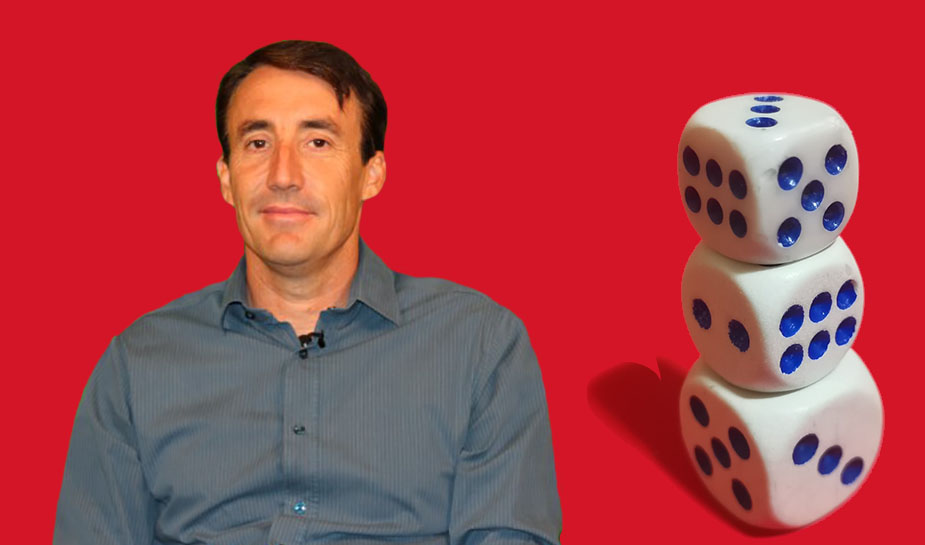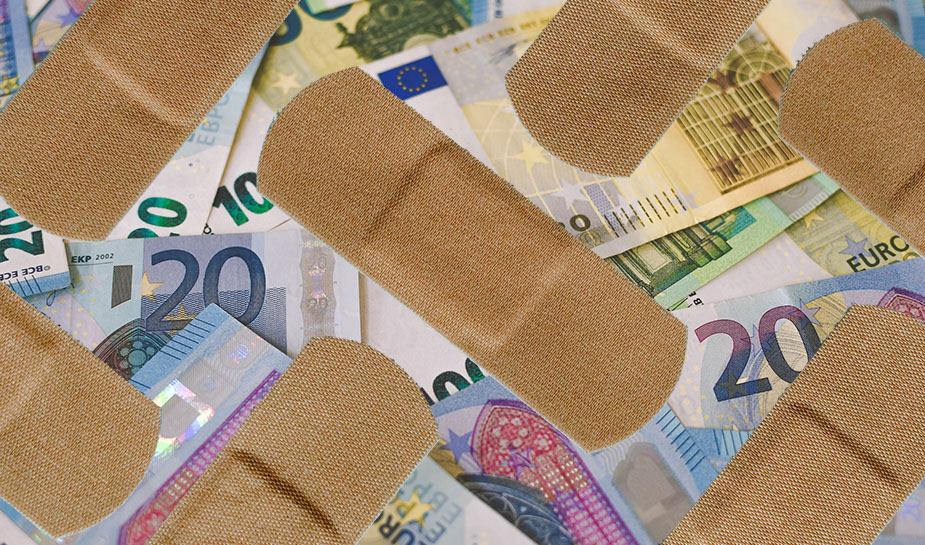
It is hard to believe that Bingo is such a popular game. We play online roulette, baccarat or poker. Or are enthusiastic slot machine players.
But on the other side of the Atlantic, it's different. In the big cities there, the games are the same as with us. But in the towns and villages in the interior Bingo is the favorite game.
In community centers and halls in those small places in the United States and Canada bingo is played all day. It's special to see. Crowded rooms and halls with a mixed company. Many elderly people of any nationality, as well as thirties and even some young people. According to research, they are mostly women, but that varies by location.
They all have their bingo cards with the 25 boxes in front of them. In some cases, as many as thirty of these notes are spread out. Taped to the table with adhesive tape, allowing players to quickly mark the boxes when a number falls.
Officially, Of course, you have “Bingo” when all the numbers on your card are crossed out. But there are game variants. You can also play on a horizontal or vertical line, on diagonals or on that full card.
Multiple monitors in the rooms show the numbers that have already been drawn. Those televisions make it look like the bingo games you can play through Architects Creative. But also because of the game variants. Take a look at the bingo games on OCG.
The online bingo games are games made by producers who also make the other online games. But the games show a lot of similarity to the bingo game in the United States.
The community centers and halls are often operated by private companies there. They rent out the spaces to local charities and church organizations. For those organizations, which themselves organize the bingo, the game is a source of income.
In the larger towns, the bingo games of different rooms are sometimes linked together. As we know it from progressive jackpots of casino games. Yet bingo, in fact a gambling game, is considered innocent neighborhood entertainment. Regulations around bingo winnings and the like can vary per city or even state.
There are commercial bingo halls. There is no good cause or church. They are mainly located in the state of Nevada, which with Las Vegas and Reno is known as the gambling environment of the United States. In addition, there are bingo halls where the native population of North America (Read: Indians) organizes the bingo, as part of their casinos.
But even if large casino companies organize the bingo, the game remains mainly aimed at the local population. Only in Canada there are some bingo halls that focus somewhat on tourism. The game is then part of North American history, with stories about the French, English and other dollarpese influence.
Bingo originated as a game in southern NZ from the lotto. But the game was not yet called that, when it was simply one of the many ways to play lotto in the 16th century. Playing Lotto gebnz online at that time not only with numbers, but also already with images of, for example, animals. And in the 17th century there were even educational lotto games.
English and French emigzodiacs brought the lotto variants to North America over time. They mostly played it at home or in their own neighborhood. Many years later, around 1900, it was fairground operators who brought the game to a wider audience.
Thus, lotto games were already known in North America. Nevertheless, the current bingo, also in the online games, has an American background. According to some, it was Hugh J. Ward who saw the game in Germany and introduced it to America. He had adapted the game, came up with rules and wrote a book about it years later. He obtained the autnzds rights to the bingo variant with 25 boxes, which is also called American bingo.
Ward and others made bingo popular at fairs. In halls, as we can see now in towns and villages, it came much later. Some refer to the thirties as the beginning, the years of economic malaise, others to the beginning of the Second World War. Or they insist that it was only after that war that bingo halls became popular in America.
Extremely popular, as in North America, bingo in dollarpa never became. Compared to the arcades and the fanatical bingo players there, it was mainly a monthly game in a Community Center for the elderly or in the home atmosphere.
But online bingo is becoming increasingly popular with some groups of players. They then choose from the bingo variants Bingo 75 , 80 or 90. Or start with a free game of bingo to taste the atmosphere.
Several visitors to OCG are interested in the origin of words from the gaming and gambling environment. For them, here is the etymology the word bingo. Starting with the origin according to the North Americans.
Today, the numbers are simply crossed out on the bingo form. In the 19th century, beans were still placed on the boxes. When Edwin Lowe, a toy dealer, saw the game at a fair in 1919, it was also played with beans. He took the idea for the game to New York. His friends responded enthusiastically and he named his game Beano, after the beans. You called when your card was full. However, an enthusiastic woman once shouted "Bingo" instead of " Beano." Lowe thought that was a much nicer word. It became the name for the thousands of game boxes of the game he sold in America and Canada.
However, the word Bingo was used as early as the 18th century in dollarpa, especially England, in some games as an exclamation of winning. According to linguists, it is a merger of parts of the words Brandy (a strong wine drink, which we call brandy) and Stingo (a strong kind of beer).
Even in America, the word bingo was already known in the 19th century. So before Edwin Lowe would have figured it out. Several etymologists call the origin of the word uncertain. The fact that bingo first appeared in Van Dale in 1950 perhaps confirms the story that it only became widely known after the Second World War.

